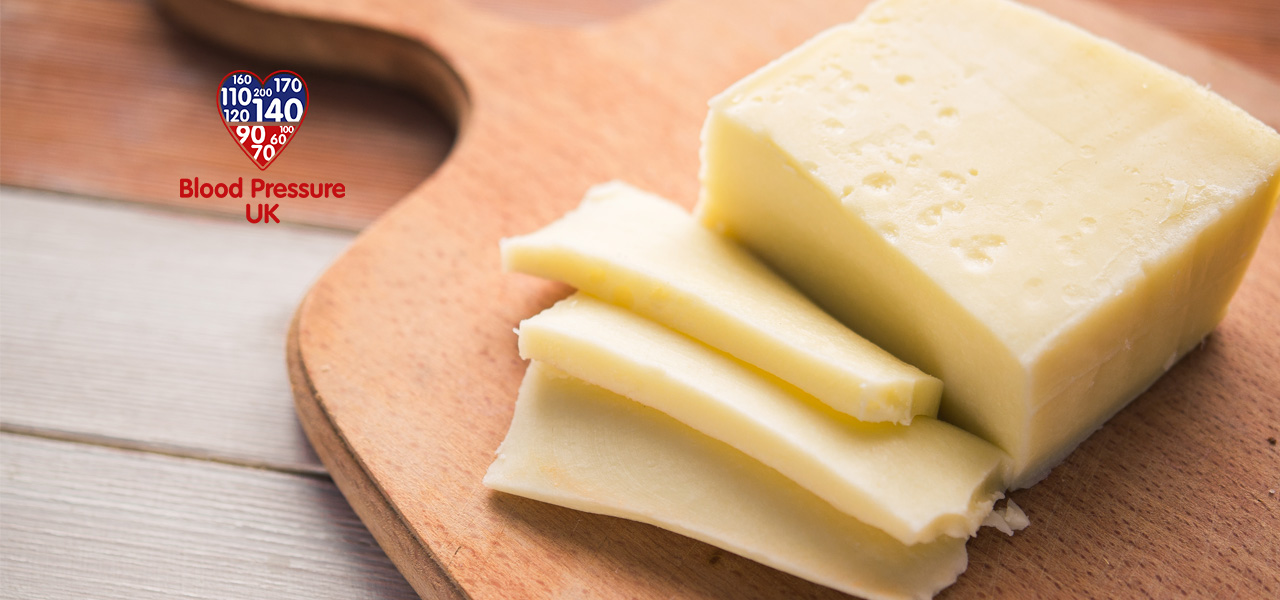21 May 2024

Shining a Spotlight on Cheese: Why researchers are calling for less salt in the British favourite
Over the last decade, there have been minimal reductions to the salt content of cheese. In fact, Action on Salt assessed the salt content of over 600 Cheddar and similar cheeses across 10 retailers[1], all of which are considered one of the top contributors of salt to UK diets[2].
The analysis included Caerphilly, Cheddar, Cheshire, Double Gloucester, Lancashire, Red Leicester, string cheese and Wensleydale cheeses, as well as plant-based alternatives.
The researchers identified a six-fold difference in salt content across all the cheese they analysed. Plant-based cheeses generally have the highest level of salt – almost 10% more than cheddar. Whilst the cheddar with the highest salt content was Asda’s 30% Less Fat Mature British Cheese, which contains 2g of salt per 100g. However, Morrisons Savers Mild Coloured Cheddar contains 28% less salt (1.44g/100g).
According to Action on Salt, this variance proves that salt is unnecessary in such high amounts and salt reduction is achievable. With nine out of ten people reported to be buying and consuming Cheddar regularly, the campaign group is calling for greater efforts to be made to reduce the salt content across such dairy products[3].
But what does this mean for blood pressure?
Professor Graham MacGregor, Chair of Blood Pressure UK, comments:
“We know that a diet high in salt is a major risk factor for high blood pressure and that reducing our salt intake can help with this. But this research highlights how just one staple ingredient can contribute to a higher-than-average salt intake. We hope that the government and retailers pay attention to this important work from Action on Salt and take meaningful action.”
Reducing salt is the most cost-effective measure to lower blood pressure and reduce the number of people suffering from strokes and heart disease and life changing disabilities associated with this – all of which is completely avoidable. According to the Department of Health & Social Care, each one gram/day reduction in population salt intake, saves more than 4,000 premature deaths per year.
Simple ways to reduce your salt intake include reading food labels and opting for lower salt options, as well as replacing salt when cooking with flavours such as lemon, chilli, dried herbs etc.
But if you really can’t shake the habit, then using a reduced-sodium salt and learning to ‘season with sense’, can have a big impact on your health.
For further information from Blood Pressure UK, visit www.bloodpressureuk.org
[1] Survey details: Action on Salt surveyed 607 cheddar and other British hard-pressed cheeses available from 10 of the UK’s largest supermarkets. Full nutritional information of hard-pressed cheese (energy, fat, saturates, protein and salt per 100g and per portion) was collected between September and November 2023.
[2] According to the Government’s Salt Reduction Programme, Cheddar and other hard-pressed cheese are considered within the top 5 contributors of salt to UK diets. https://assets.publishing.service.gov.uk/media/5f5618c8d3bf7f4d75de6ff1/2024_salt_reduction_targets_070920-FINAL-1.pdf
[3] Based on a report by Mintel from 2023 https://store.mintel.com/report/uk-cheese-market-report
